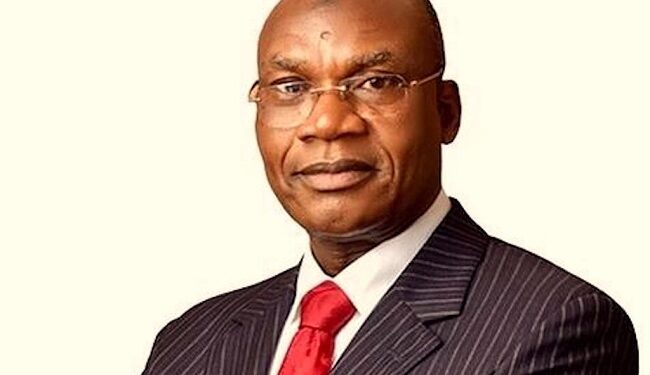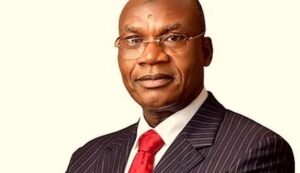
We’ve developed robust policies to sustain ODL quality — FG
- Education
- No Comment
- 320

The Federal Government has maintained that Open and Distance Learning (ODL) remains the future of university education in Nigeria, affirming that it has developed robust policies to address the challenges being witnessed in the ODL system of education particularly the issue of quality assurance.
Minister of Education, Professor Tahir Mamman, stated this during the three-day stakeholders’ roundtable for the critique and adoption of the draft stand-alone National Policy on Open, Distance and e-Learning in Abuja.
He admitted the concerns of some Nigerians and employers of labour about the quality of education in ODL, noting however that the government has employed a strong quality assurance system to checkmate the content and delivery system of the ODL operators.
According to him, degrees obtained via the ODL system of education in Nigeria from accredited institutions have the same and equal value with the ones issued at regular/conventional institutions.
Mamman explained that the ODL system of education was established to close the widening gap created by limited admission spaces in the conventional universities which was and still being experienced in the country.
He reaffirmed that the ODL system has come to stay, adding that it has served and continues to serve the purpose for which it was established.
He said: “Sadly, only a limited number of qualified students (about 25 percent) who applied for admissions into tertiary institutions are able to secure admissions in a particular admission year. What happens to the rest of the hundreds that are interested in university education? ODL has closed that gap.
“National Open University of Nigeria (NOUN) has been doing well, growing in leaps and bounds over the years. Several universities have also been accredited recently to run dual mode systems of education under close and strict monitoring of the National Universities Commission (NUC).
“Evidently, ODL is the future and we have to embrace it wholeheartedly. Government has developed robust policies to address the challenges being witnessed in the ODL system of education particularly the issue of quality assurance of the system.
“To this end, more advocacy is required, and being done to correct those misconceptions. We are aware that some ODL students have been unable to participate in law school and the NYSC scheme. These issues are being addressed and would be resolved sooner than expected.”
Speaking on the “Japa” syndrome depleting the nation’s manpower, the minister revealed that the education sector has lost more manpower than what has been recorded in the medical sector.
He said: “The most effective instrument of development of any nation is the education sector. That’s why developed countries like Canada, America, Germany, and several others, are rushing our best brains in the teaching profession, in addition to the medical sector.
“Many Nigerians might not know, or it will be surprising to them to hear that we have lost more manpower in the teaching profession to foreign interests than the manpower that we have lost in the medical profession. This is because their skills are crucial to the development of any country.
“So, we have to take urgent action to fix the identified challenge, otherwise, we would have a long way to go if we fail to get the education sector right. But, that won’t happen because we are determined to fix the challenge, and we would achieve the target goal leveraging the support we have been receiving from the president.”
He said several policies, academically and otherwise, had been developed to ensure the smooth and effective running of Open and Distance Learning (ODL) system of education, thus challenging participants at the meeting to further critique the document and make the necessary inputs to fine-tune the policy document.


